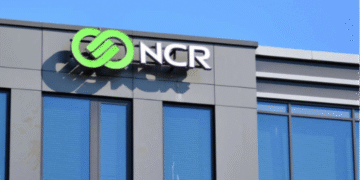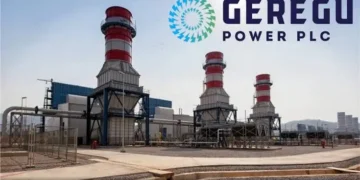FinCEN is the US Financial Crimes Enforcement Network, where concerns about transactions made in US dollars are sent, even if they took place outside the US.
The leaked documents involving about $2tn of transactions have revealed how some of the world’s biggest banks including HSBC, JP Morgan Chase, Deutsche Bank, among others have allowed criminals to move dirty money around the world. It also showed how criminals use anonymous British companies to hide their money.
The documents which were one of the most guarded secrets of the banking system were leaked to Buzzfeed News and shared with a group that brings together investigative journalists from around the world, which distributed them to 108 news organisations in 88 countries, including the BBC’s Panorama programme according to BBC.
The leaked FinCEN files are over 2,500 documents containing about 2,100 Suspicious Activity Reports (SARs) sent by banks to the US authorities between 2000 and 2017 raising concerns about the activities of their clients.
Banks are obligated by law to know their clients, and ensure that they do not aid clients who make dirty money in money laundering. However, just filing of SARs report is not enough as banks are obligated to discontinue moving the cash for clients if there is evidence of criminal activity.
Fergus Shiel from the International Consortium of Investigative Journalists (ICIJ) said the leaked files were an “insight into what banks know about the vast flows of dirty money across the globe”. He said the documents are only a tiny proportion of the SARs submitted over the period.
According to the BBC the following have been revealed in the leaked files
What has been revealed?
- HSBC allowed fraudsters to move millions of dollars of stolen money around the world, even after it learned from US investigators the scheme was a scam. Britain’s biggest bank moved the money through its US business to HSBC accounts in Hong Kong in 2013 and 2014.
- JP Morgan allowed a company to move more than $1bn through a London account without knowing who owned it. The bank later discovered the company might be owned by a mobster on the FBI’s 10 Most Wanted list.
- Evidence that one of Russian President Vladimir Putin’s closest associates used Barclays Bank in London to avoid sanctions which were meant to stop him using financial services in the West. Some of the cash was used to buy works of art.
- The UK is called a “higher risk jurisdiction” like Cyprus, according to the intelligence division of FinCEN. That’s because of the number of UK registered companies that appear in the SARs. Over 3,000 UK companies are named in the FinCEN files – more than any other country.
- The United Arab Emirates’ central bank failed to act on warnings about a local firm which was helping Iran evade sanctions.
- Deutsche Bank moved money launderers’ dirty money for organised crime, terrorists and drug traffickers. More details (BuzzFeed News)
- Standard Chartered moved cash for Arab Bank for more than a decade after clients’ accounts at the Jordanian bank had been used in funding terrorism.
FinCEN said the leak could impact on US national security, compromise investigations, and threaten the safety of institutions and individuals who file the reports.
But last week it announced proposals to overhaul its anti-money laundering programmes.
The UK has also unveiled plans to reform its register of company information to clamp down on fraud and money laundering.
Written by;
Ifunanya Ikueze





















































